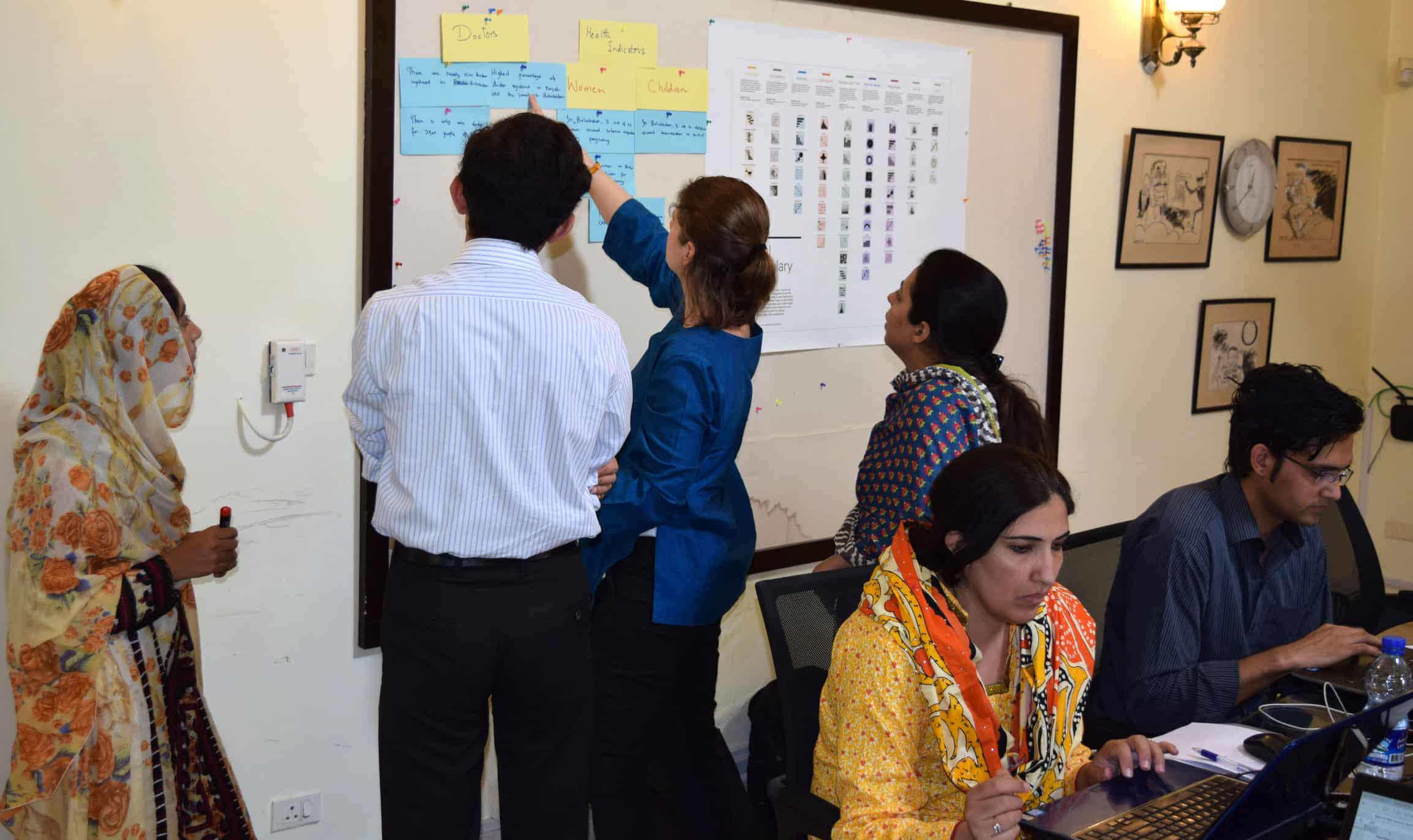Serve the Marginalized
Working with journalists in some of the most challenging parts of the world and in some of the most underserved communities has brought us to an important conclusion about data journalism: Injustice, inequality and discrimination are ubiquitous, insidious and overlooked. Across the world, Internews is growing open data communities to help people understand data, what it means, and why it matters. The Internews method teaches journalists to use investigative methods to dig deep into the institutional barriers preventing development of marginalized groups. They analyze complex dynamics that cause development initiatives to succeed or fail, people to become sick or well and inequality to grow or shrink.
Redefine Journalism
Internews recognizes that data journalism represents a serious reformulation of the role of journalists: give citizens the information they need to make sense of the world around them and understand the forces holding back development. Internews has developed a model to instill the skills that committed journalists need to harness data for public interest reporting, create a support system for ensuring story quality and develop sustainable teams that continue their important work long after the end of the program.
The approach includes 200-hours of classroom training, theory and skills-based learning assessments, a simulated newsroom environment, structured mentoring and editorial guidance, rigorous content analysis of stories and promotion and circulation of stories through local and global channels. Our data journalists measure just how bad things are, who is affected, who is responsible, and how to make things better.
Mainstream Data
Learning data journalism skills is labor intensive, time consuming and expensive. Yet data journalists have a tremendous role to play as a public-service watchdog. They can transform the flood of publicly available data into insights that facilitate citizen engagement in the democratic process.
Internews trainees have launched their own data teams in mainstream media and prompted politicians to change policies and engage in a debate grounded in reality. Crucially, the stories they produce are disseminated through local media to reach and engage the most people and pressure governments into making better decisions for the whole country. They prioritize accessible, relatable storytelling over resource-intensive interactives to lower the barrier to entry and reach ordinary citizens.
